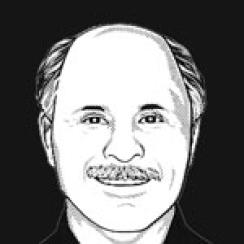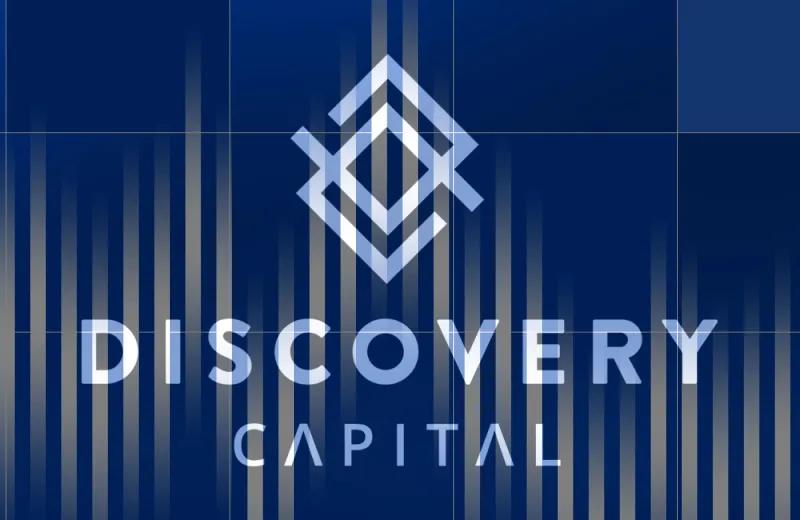Robert Citrone is on a roll.
The Tiger Cub’s Discovery Global Opportunity Fund gained a further 3.79 percent in August, boosting its return in 2024 to 26.22 percent. This makes Discovery one of the top-performing macro funds this year and one among a small group of hedge funds outperforming the broad stock market indices.
The firm, which also emphasizes long-short equity, was driven last month by gains from stocks, led by financial shorts in the U.S. and long positions in Latin America across financials and energy companies, according to Discovery’s August monthly client report. The largest detractors were shorts in Japan.
Discovery’s strong year comes on the heels of a 48 percent gain in 2023. The current successful run coincides with the firm’s 25th anniversary, a milestone Discovery will be celebrating in a midtown Manhattan restaurant on Tuesday evening.
Citrone has a lot to celebrate. He has passed the test of time, no easy feat in the 'what-have-you-done-for-me-lately?' hedge fund business. Discovery is now one of the older hedge fund firms — and Tiger Cubs — dating back to 1999.
It wasn’t exactly a smooth road, as the firm went through a dark stretch that might have convinced many others to pack it in. Not Citrone. After enjoying great success over its first 14 years, Discovery lost money in five of six years from 2014 to 2019, as assets shriveled from $15 billion to about $2 billion today. Now it apparently is back on track.
After a stint at Fidelity Investments, Citrone spent four years at Tiger Management before co-founding his firm with $4 million of his own money and just $1 million of outside money. Citrone, a minority owner of the Pittsburgh Steelers, is one of the few descendants of Julian Robertson Jr. to run a macro fund.
After the first year, George Soros became an important investor; for a while, Citrone even managed a portion of Soros’s Quantum Fund. For about five years, Citrone spoke to Soros several times a week, arguing the merits of his positions, Citrone recalls.
“I’ve been fortunate to have had a lot of great investors, but none as influential as George Soros,” Citrone writes in a letter to clients describing 25 notable experiences and observations over 25 years. “One of the most exciting things about working with George was the flexibility of his perspective. He could take huge bets when he had firm conviction and change those views with a decisive reaction when things shifted.”
Citrone calls Soros “probably the best trader of my lifetime” and Robertson “one of the best investors.” He explains, “Julian taught us all about balancing the deep fundamental diligence with the macro environment, how to cross-reference the internal and external views of one’s thesis, and how vital shorts, and specifically single-company shorts, are to generating great risk-adjusted returns.”
Citrone applies these lessons using human-driven research, without overreliance on technology. He notes that technology has significantly expanded “the speed and ubiquity of available data” and that “knowing what defines ‘good’ information is increasingly challenging to assess.”
He elaborates: “Only so much can come from data analysis, and I’ve rarely seen the critical differentiators of trades or identifying new themes come from a spreadsheet. Experience, intuition, and common sense will always trump the models when volatility inevitably strikes.”
For Citrone, this means traveling extensively and speaking daily to local contacts, highlighting the importance of a global perspective. He proudly says he has been to roughly 50 countries, noting that “first-person diligence is critical and becoming even rarer in today’s investment world.”
He adds, “I know my contacts and trust their judgment and expertise; they are a critical source of ‘good’ information in my research process. The input I get from traveling to a country, having a meal with local contacts, or walking the streets [has] never once been replicated by an electronic device.”







